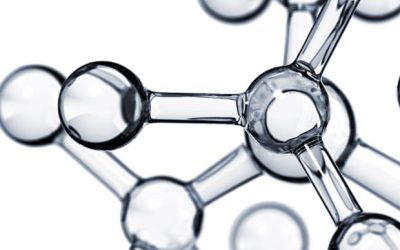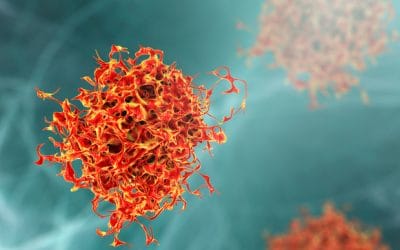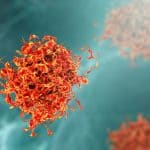Imperial College London (ICL) researchers have used artificial intelligence (AI) to identify information about the chemical makeup of lung tumours from medical scans of lung cancer.
Published in npj Precision Oncology, the study demonstrates, for the first time, how medical imaging in combination with AI can be used to provide ‘virtual biopsies’ for cancer patients.
Responsible for around 35,000 deaths each year, lung cancer is the most common cause of cancer death in the UK.
Supported with funding from the National Institute for Health and Care Research’s Imperial Biomedical Research Centre, the non-invasive method works to classify the type of lung cancer patients have.
Researchers used data from 48 lung cancer patients recruited from University Hospital Reina Sofia in Spain to develop an AI-powered, deep learning assessment tool called tissue-metabolomic-radiomic-CT (TMR-CT).
Using the data, researchers observed a significant correlation between patients’ metabolomic profiles and the deep features of their CT scans, which appear either brighter or darker in certain areas of the image.
Researchers then used the TMR-CT model in a group of 723 lung cancer patients recruited from Royal Marsden Hospital, Guy’s and St Thomas’ Hospital and Imperial College NHS Healthcare Trust, which showed that TMR-CT successfully classified lung cancer and gave dependable predictions in relation to patient outcomes, surpassing the performance of traditional CT-based methods and clinical assessments.
The model could help doctors select the right course of treatment for patients and predict whether their cancer is likely to progress.
Researchers also believe that the method could work on other groups of lung cancer patients as well as other types of cancer, including brain, ovarian and endometrial cancers.
First author of the study, Marc Boubnovski Martell, said: “We’ve developed a system that merges CT scans with the chemical makeup of tumours and normal lung tissue” to “[allow] us to classify lung cancer types and… [provide] reliable predictions about patient outcomes.”










